Home / health-care / Lebanon's Health Crisis: A Devastating Blow to Care Amid Conflict
Lebanon's Health Crisis: A Devastating Blow to Care Amid Conflict
By: My India Times
2 minutes read 76Updated At: 2024-11-25
.jfif)
Since October 7, 2023, Lebanon has witnessed an unprecedented level of violence against its healthcare system. Nearly half of all attacks on health workers and facilities have resulted in fatalities, marking the country as one of the most dangerous places for healthcare professionals today. As of November 21, 2024, 226 health workers and patients have been killed, with 199 others injured. This is part of a broader global crisis where 1246 attacks have been recorded worldwide, but Lebanon's statistics are staggering, with a death rate significantly higher than the global average of 13.3% for similar attacks.
According to the World Health Organization (WHO), attacks in Lebanon not only kill health workers but also dismantle the country’s fragile health system, leaving a long-term impact on its ability to respond to the needs of its citizens. Lebanon, a country already struggling from years of economic collapse and political turmoil, is now faced with the compounded challenge of rebuilding its health infrastructure in the wake of these devastating attacks.
The majority of incidents target health personnel, and the consequences of this violence are far-reaching. When healthcare workers are killed or injured, the community loses years of expertise and experience—resources that cannot be quickly replaced. The ripple effect is seen in the treatment delays for critical conditions, missed immunizations for children, and disrupted access to vital maternal and reproductive health services. It’s not just the immediate loss of life, but the long-term suffering that results from these attacks.
As Dr. Abdinasir Abubakar, WHO Representative in Lebanon, aptly puts it, "The loss of health workers in a crisis like this is not only a humanitarian tragedy but a blow to the future stability and recovery of the country." This sentiment is echoed by WHO’s Regional Director, Dr. Hanan Balkhy, who emphasizes that these attacks breach international humanitarian law, which calls for the protection of health facilities and workers in times of conflict.
Lebanon’s health infrastructure is buckling under the strain. Between January and November 2024, 15 out of 153 hospitals in Lebanon have ceased to operate or are functioning only partially. In Nabatieh, one of the country's governorates, 40% of hospital bed capacity has been lost. The escalating violence has not only led to the deaths of healthcare professionals but also rendered essential services inaccessible for thousands of citizens.
This growing crisis highlights the urgent need for accountability in conflict zones. Attacks on healthcare are not just violations of international law—they exacerbate the suffering of civilians and prevent the necessary care that could save lives. As the world watches, Lebanon's health system is fighting not only the ongoing conflict but also the war to protect the very professionals and facilities that form the backbone of its healthcare system.
....Since October 7, 2023, Lebanon has witnessed an unprecedented level of violence against its healthcare system. Nearly half of all attacks on health workers and facilities have resulted in fatalities, marking the country as one of the most dangerous places for healthcare professionals today. As of November 21, 2024, 226 health workers and patients have been killed, with 199 others injured. This is part of a broader global crisis where 1246 attacks have been recorded worldwide, but Lebanon's statistics are staggering, with a death rate significantly higher than the global average of 13.3% for similar attacks.
According to the World Health Organization (WHO), attacks in Lebanon not only kill health workers but also dismantle the country’s fragile health system, leaving a long-term impact on its ability to respond to the needs of its citizens. Lebanon, a country already struggling from years of economic collapse and political turmoil, is now faced with the compounded challenge of rebuilding its health infrastructure in the wake of these devastating attacks.
The majority of incidents target health personnel, and the consequences of this violence are far-reaching. When healthcare workers are killed or injured, the community loses years of expertise and experience—resources that cannot be quickly replaced. The ripple effect is seen in the treatment delays for critical conditions, missed immunizations for children, and disrupted access to vital maternal and reproductive health services. It’s not just the immediate loss of life, but the long-term suffering that results from these attacks.
As Dr. Abdinasir Abubakar, WHO Representative in Lebanon, aptly puts it, "The loss of health workers in a crisis like this is not only a humanitarian tragedy but a blow to the future stability and recovery of the country." This sentiment is echoed by WHO’s Regional Director, Dr. Hanan Balkhy, who emphasizes that these attacks breach international humanitarian law, which calls for the protection of health facilities and workers in times of conflict.
Lebanon’s health infrastructure is buckling under the strain. Between January and November 2024, 15 out of 153 hospitals in Lebanon have ceased to operate or are functioning only partially. In Nabatieh, one of the country's governorates, 40% of hospital bed capacity has been lost. The escalating violence has not only led to the deaths of healthcare professionals but also rendered essential services inaccessible for thousands of citizens.
This growing crisis highlights the urgent need for accountability in conflict zones. Attacks on healthcare are not just violations of international law—they exacerbate the suffering of civilians and prevent the necessary care that could save lives. As the world watches, Lebanon's health system is fighting not only the ongoing conflict but also the war to protect the very professionals and facilities that form the backbone of its healthcare system.
By: My India Times
Updated At: 2024-11-25
Tags: health-care News | My India Times News | Trending News | Travel News
Join our WhatsApp Channel




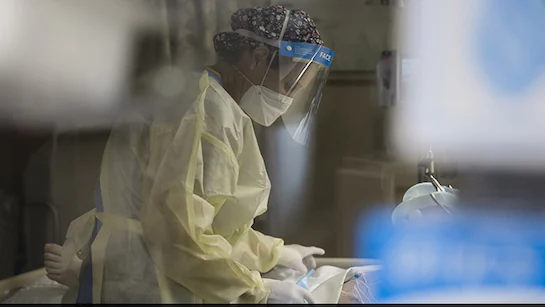









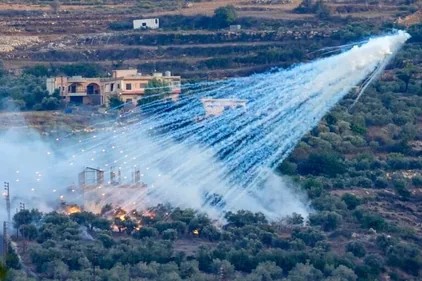
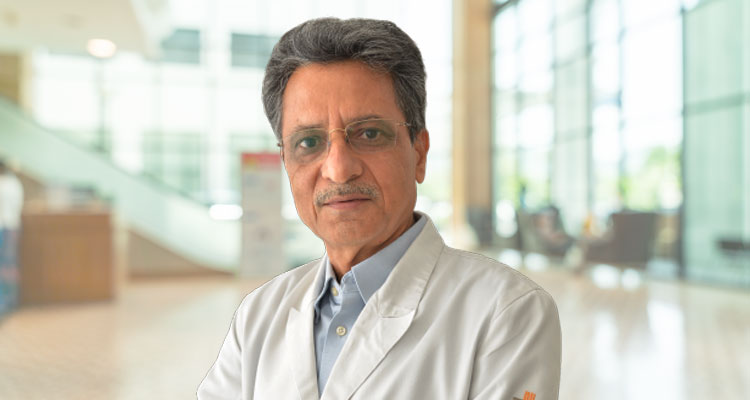

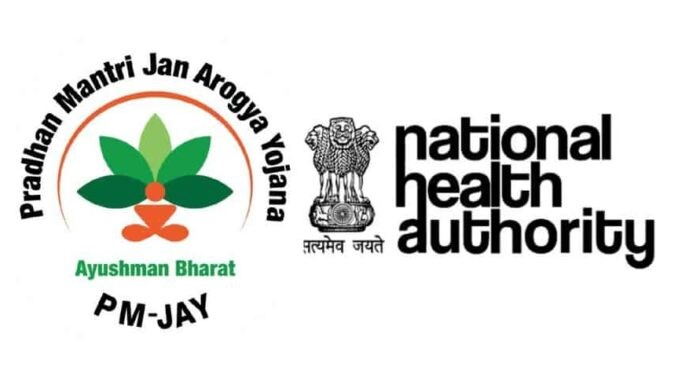




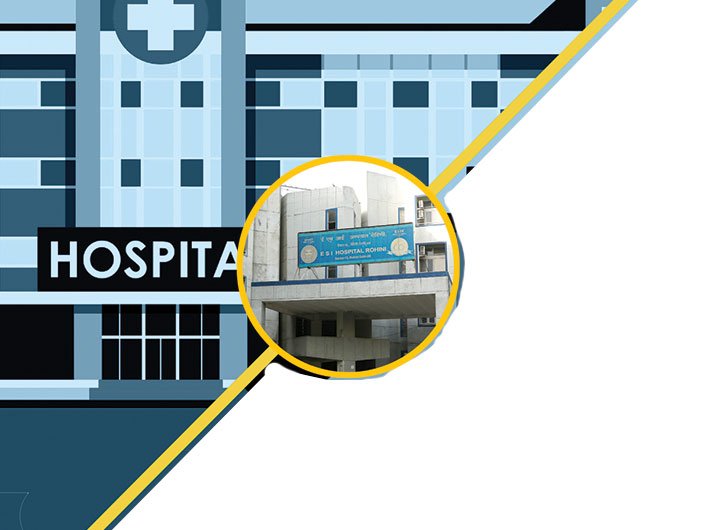


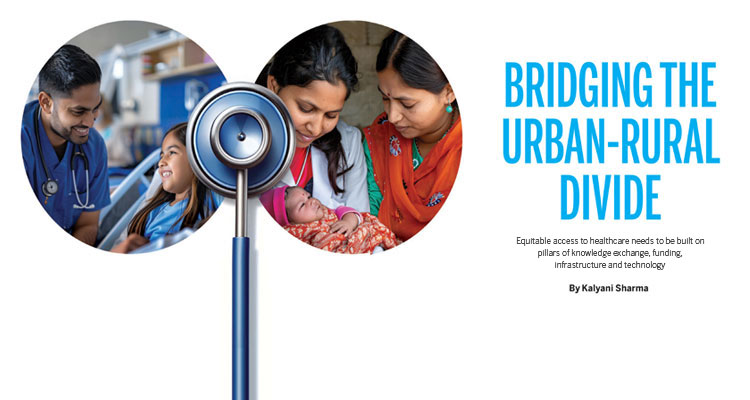



























































































.png)
 (1).png)























